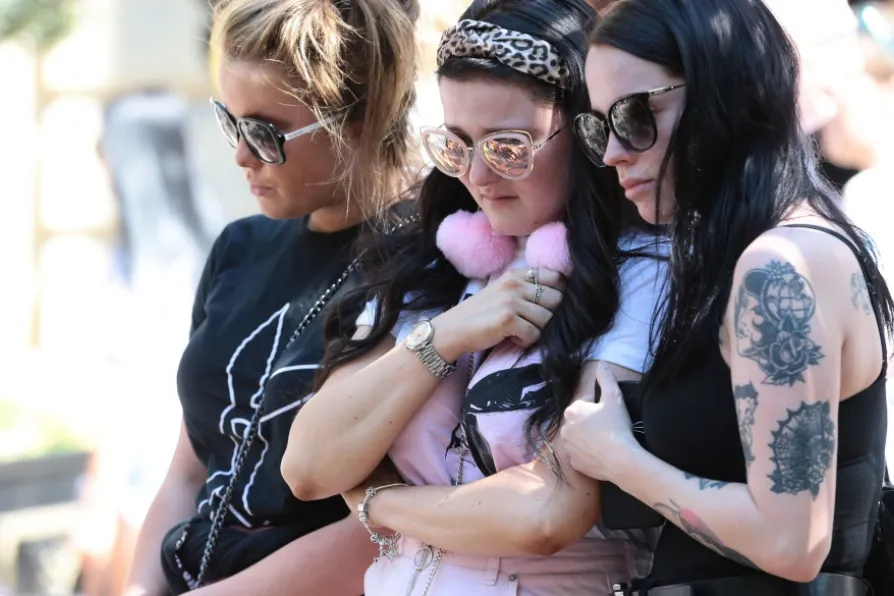Local service cuts in Manchester could add to radicalisation risk

 Members of the public gather in St Ann's Square, Manchester, as they listen to a service of commemoration marking one year since the attack on Manchester Arena earlier this year
Members of the public gather in St Ann's Square, Manchester, as they listen to a service of commemoration marking one year since the attack on Manchester Arena earlier this year
CUTS to local services and social inequalities in the city may have had an effect on the risk of radicalisation, a report commissioned in the wake of the Manchester Arena attack has found.
The report, published today by the Greater Manchester Tackling Hateful Extremism and Promoting Social Cohesion Commission, found that “reductions in public services have increased isolation in communities.”
The lack of such services meant there was now “little opportunity for people from both similar and different backgrounds to meet naturally and have conversations, [which] is likely to have exacerbated fear and suspicion of different communities,” the commission found.
Similar stories

Investigation reveals NHS maternity services are failing women and babies












